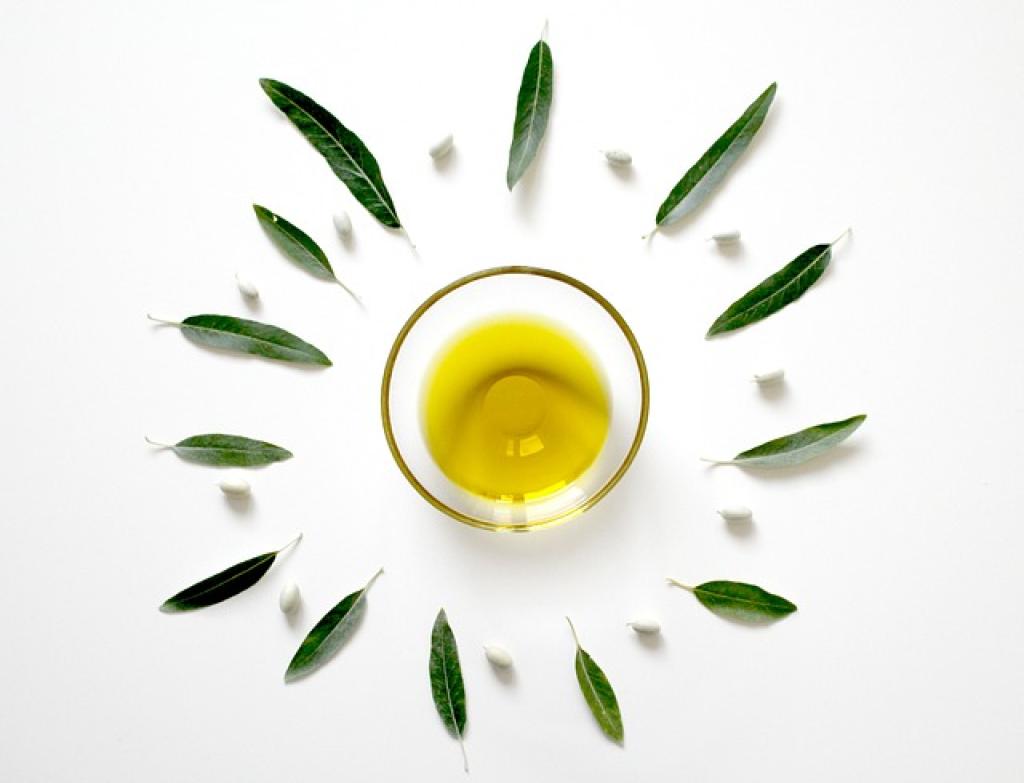Curious about the buzz around hemp legalization? You’re not alone. With laws rapidly evolving, understanding what this means can seem overwhelming.
Hemp, often misunderstood, differs distinctly from its cousin, marijuana. Hemp contains minimal THC, the compound responsible for marijuana’s high. Instead, it’s packed with CBD, which touts many potential health benefits.
From eco-friendly materials to health products, hemp’s possibilities are vast. Knowing the legal status can help you navigate this exciting, green frontier effectively and responsibly.
Stay tuned to explore the key points about hemp legalization and what it means for you!
Understanding the History of Hemp Legalization
Hemp has a fascinating history. It’s been cultivated for thousands of years for its fiber, seeds, and oil. In fact, early American settlers even grew hemp for rope and textiles.
However, the view on hemp drastically changed in the 20th century. The Marijuana Tax Act of 1937 lumped hemp together with marijuana, leading to stringent restrictions on its cultivation.
Fast forward to 2018, and the narrative flipped again. The U.S. Farm Bill legalized hemp at the federal level, recognizing it as distinct from marijuana. This shift opened up new opportunities for both farmers and consumers.
Understanding this historical backdrop helps us appreciate how legal perspectives on hemp have evolved, revealing its potential once more.
The Benefits of Hemp and Its Versatile Uses
Hemp is truly a wonder plant! One of its biggest benefits is its sustainability. It grows quickly, requires minimal pesticides, and can thrive in various climates.
Health-wise, hemp seeds are packed with nutrients. They’re rich in protein, healthy fats, and essential minerals. Many people add hemp seeds to smoothies or sprinkle them on salads for an extra health boost.
Its fiber is incredibly strong and durable. That’s why hemp is used to make everything from clothing and shoes to ropes and even construction materials like hempcrete.
Plus, hemp oil is becoming a popular ingredient in skincare products. It’s known for its moisturizing properties and can help soothe irritated skin.
With so many uses and benefits, it’s no wonder hemp is making a big comeback!
Dispelling Common Misconceptions About Hemp
Hemp often gets a bad rap due to its association with marijuana, but they’re not the same. While they both come from the cannabis plant family, hemp contains only trace amounts of THC, the compound that causes a high.
Another common misconception is that hemp products are illegal. In many places, industrial hemp is legal and widely used. It’s important to check local regulations, but hemp’s legality is expanding worldwide.
Some people think hemp is just for hippies. But with its numerous applications and environmental benefits, it’s gaining popularity across various industries, from fashion to construction.
Lastly, many assume hemp products are costly. However, as demand increases and more companies get involved, prices are becoming more competitive.
Understanding the truth about hemp helps us appreciate its potential and promotes a more sustainable future.

Legislation and Regulations Surrounding Hemp Usage
When it comes to hemp, the laws can be a bit tricky. In many countries, industrial hemp is legal if it contains less than a certain percentage of THC, usually around 0.3%.
In the United States, the 2018 Farm Bill was a game-changer. It legalized the production of hemp and removed it from the list of controlled substances. However, this doesn’t mean it’s a free-for-all. States can still regulate hemp cultivation, so it’s crucial to check local laws.
International Perspectives
Globally, the regulations vary widely. In the European Union, hemp can be legally grown if the THC levels are below 0.2%. Meanwhile, countries like Canada have embraced hemp, allowing it to be used in food, textiles, and more.
Navigating the legal landscape of hemp can seem daunting, but it’s getting easier as more regions recognize its benefits. Always stay informed and up-to-date with the laws in your area to make the most of hemp’s potential.
Key Considerations Before Venturing into Hemp Business
Diving into the hemp business is exciting, but there are important factors to ponder before you begin. First and foremost, understand the legal landscape. As we’ve discussed, laws can vary, so doing thorough research on federal, state, and local regulations is critical.
Next, consider the market demand. Hemp is versatile, with applications in textiles, food, wellness, and more. Identify your niche and understand your target audience. This will help you tailor your products and marketing strategies effectively.
You’ll also need to think about the costs involved. From cultivation to production, entering the hemp industry can require significant investment. Be prepared with a solid business plan and, if possible, secure funding to support your endeavor.
Another key factor is quality control. Hemp products can vary greatly in quality, and consumers are becoming increasingly discerning. Ensuring your product meets high standards can set you apart in a competitive market. This includes understanding best practices for cultivation and production.
Finally, network with others in the industry. Connecting with experienced growers, processors, and marketers can provide invaluable insights and support. Industry events, forums, and associations are great places to start building these relationships.
By considering these elements, you’ll be better prepared to navigate the complexities and opportunities of the hemp business. With a solid plan and a keen awareness of the market, you’ll have a greater chance of success in this burgeoning industry.






